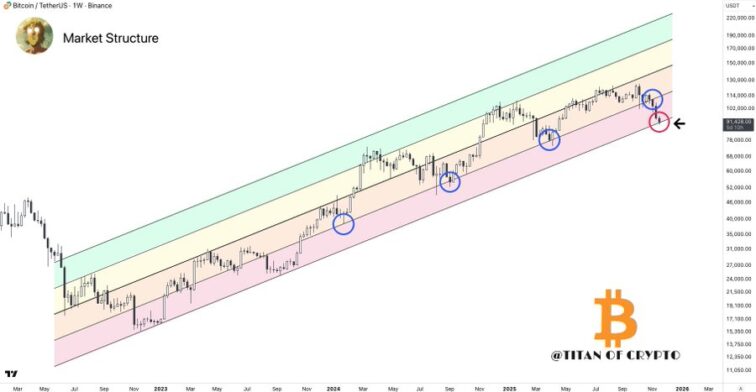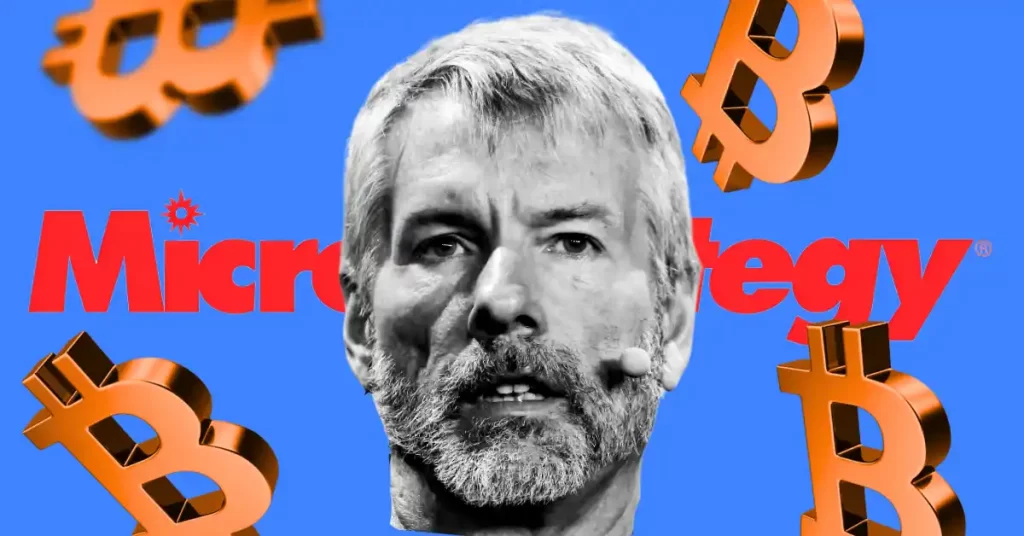Fidelity Investments is moving ahead to step up its efforts to charge ETF firms for listing and maintaining their products on its extensive platform. However, this move has received a major industry backlash. The investment giant has already secured agreements with nine boutique firms. This happened after warning them in March that charges could be imposed directly on their ETF investors if negotiations failed.
Fidelity wants to add more charges
According to reports, this push to generate more revenue from ETFs threatens to introduce extra costs in an already cost sensitive market category. Experts hint that the market has reached a new phase of this evolution.
It added that the negotiations generally involve Fidelity taking 15% of the total fund revenue. The investment giant reportedly informed at least one money manager that it would not display their funds in its online search bar if no agreement was reached.
The report mentioned that Fidelity has suggested a potential charge of up to $100 on investors who purchase funds from firms that decline to agree to its terms.
It is crucial to note that Fidelity’s initiative comes in when retail traders and registered investment advisers are moving money from mutual funds to cheaper and more tax-efficient ETFs. However, back in 2019, the firm had eliminated trading commissions for ETFs but now it seeks new revenue streams.
These negotiations force ETF issuers to share a portion of their already-thin revenue. The average expense ratio for US ETFs is 0.55% or imposes a new trading charge on their end investors.
What do experts feel about it?
Experts have argued that Fidelity’s plan will hamper innovation in the ETF space. It could make it harder for emerging firms to compete.
The proposed revenue-sharing agreements have ignited broad industry opposition. Although the initial list of funds subject to the potential $100 servicing charge represented less than 0.5% of mutual funds and ETFs available on the Fidelity platform, the move has still provoked significant discontent.
If we put an eye on the US ETF market, BlackRock’s iShares Bitcoin Trust (IBIT) and Fidelity’s Wise Origin Bitcoin Fund (FBTC) have attracted huge investments since their launch.
Farside Investor data shows that the IBIT has recorded $16.6 billion in inflows, with FBTC registering $8.9 billion. Despite these figures, Vanguard, which does not offer any spot Bitcoin ETFs, remains the leader in total ETF inflows for 2024, amassing $102.8 billion.
Fidelity Investments is moving ahead to step up its efforts to charge ETF firms for listing and maintaining their products on its extensive platform. However, this move has received a major industry backlash. The investment giant has already secured agreements with nine boutique firms. This happened after warning them in March that charges could be […] Read MoreNews, Bitcoin, Crypto, ETF, SEC
Todayq News






